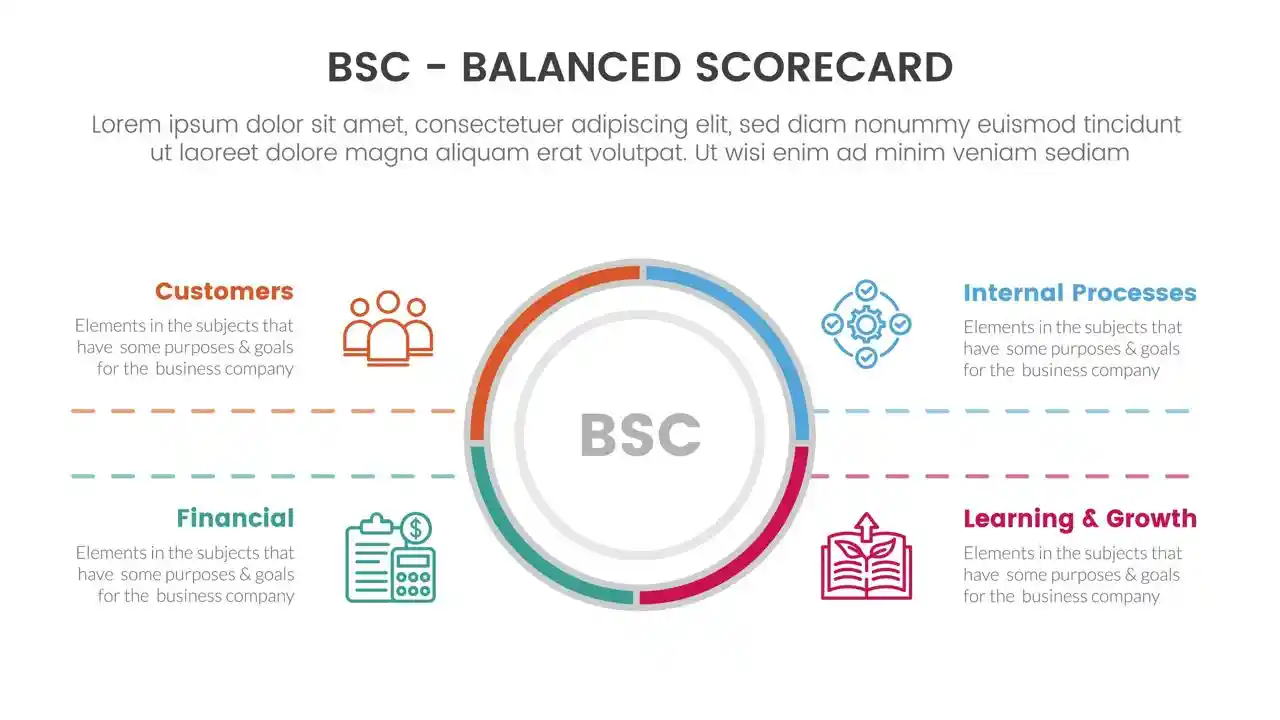Dubai, a global hub of opportunity, attracts millions with its vibrant economy, luxurious lifestyle, and diverse culture. For those looking to live and work in this dynamic city, obtaining a residence visa Dubai is a critical step. This comprehensive guide explores the process, requirements, and practical tips for securing a residence visa Dubai, ensuring you’re well-prepared to navigate the application journey.
What is a Residence Visa Dubai?
A residence visa Dubai allows foreigners to legally live and work in the emirate for an extended period, typically one to three years, depending on the visa type. It is tied to specific purposes, such as employment, family sponsorship, property ownership, or business setup. Issued by the General Directorate of Residency and Foreigners Affairs (GDRFA), this visa is essential for anyone planning to make Dubai their home.
Types of Residence Visas in Dubai
Dubai offers several types of residence visas, each catering to different circumstances. Below are the most common:
-
Employment Visa: The most popular type, sponsored by an employer in Dubai. It’s ideal for professionals relocating for job opportunities.
-
Family Visa: For sponsoring family members (spouse, children, or parents) by a Dubai resident with a valid visa.
-
Investor or Business Visa: For entrepreneurs or investors setting up a business in Dubai’s mainland or free zones.
-
Property Owner Visa: Available to individuals who own property in Dubai above a certain value (typically AED 1 million).
-
Retirement Visa: A relatively new option for retirees over 55 who meet specific financial criteria.
-
Student Visa: For students enrolled in accredited educational institutions in Dubai.
-
Golden Visa: A long-term residency option (5 or 10 years) for investors, entrepreneurs, or individuals with exceptional talents.
Each type has unique eligibility criteria, so understanding your purpose for relocating is key to choosing the right residence visa Dubai.
Eligibility and Requirements
To apply for a residence visa, you must meet specific requirements, which vary by visa type. Below are the general prerequisites:
-
Valid Passport: Your passport must be valid for at least six months.
-
Medical Fitness Test: A mandatory health check, including tests for communicable diseases like HIV and tuberculosis, conducted at approved medical centers in Dubai.
-
Emirates ID: You’ll need to apply for an Emirates ID, a mandatory identification card for UAE residents.
-
Sponsorship: Most visas require a sponsor, such as an employer, family member, or free zone authority.
-
Financial Proof: For certain visas (e.g., investor or retirement), proof of financial stability or investment is required.
-
Entry Permit: You must enter the UAE on an entry permit before converting it into a residence visa.
For employment visas, your employer typically handles the application, while family or investor visas may require you to submit documents directly to the GDRFA or through a typing center.
Step-by-Step Process to Obtain a Residence Visa Dubai
Securing a residence visa involves several steps. Here’s a streamlined guide to the process:
Step 1: Obtain an Entry Permit
Before applying for a residence visa, you need an entry permit to legally enter the UAE. This can be obtained through your sponsor (employer, family member, or free zone authority). The application is submitted online via the GDRFA website or through an authorized typing center. Required documents include a passport copy, photographs, and proof of sponsorship.
Step 2: Enter the UAE
Once the entry permit is approved, you must enter the UAE within 60 days. The permit is typically valid for two months, during which you must complete the residence visa process.
Step 3: Complete Medical Fitness Test
After arriving in Dubai, visit an approved medical center for a fitness test. This includes blood tests and a chest X-ray to ensure you’re free of communicable diseases. Results are sent directly to the GDRFA.
Step 4: Apply for Emirates ID
Visit an Emirates ID service center to submit your biometrics (fingerprints and photo). You’ll need your passport, entry permit, and medical test results. The Emirates ID is typically issued within a week.
Step 5: Visa Stamping
The final step is getting your residence visa stamped in your passport. Your sponsor submits the application to the GDRFA, including your medical results, Emirates ID application, and other required documents. Once approved, the visa is stamped, granting you legal residency.
Costs Involved
The cost of a residence visa varies depending on the type and duration. Typical expenses include:
-
Entry Permit: AED 1,000–2,000
-
Medical Test: AED 300–500
-
Emirates ID: AED 100–370 (depending on visa duration)
-
Visa Stamping: AED 500–1,000
-
Sponsorship Fees: Vary by sponsor (e.g., employer or free zone)
Additional costs may include document attestation or translation if required. Always confirm fees with the GDRFA or your sponsor, as they can change.
Processing Time
The entire process typically takes 10–15 working days, assuming all documents are in order. Delays may occur if documents are incomplete or if additional verification is needed. For employment visas, employers often expedite the process, while individual applications (e.g., investor visas) may take slightly longer.
Tips for a Smooth Application
-
Work with a Reputable Sponsor: Whether it’s an employer or a free zone authority, ensure your sponsor is reliable and experienced in visa processing.
-
Double-Check Documents: Incomplete or incorrect documents are the leading cause of delays. Ensure all copies are clear and attested if required.
-
Use Authorized Centers: Only use GDRFA-approved typing centers or medical facilities to avoid scams or invalid submissions.
-
Plan Ahead: Start the process early, especially if you’re relocating for work or family reasons, to account for any unexpected delays.
-
Stay Informed: Visa regulations in Dubai can change. Check the official GDRFA website or consult a professional for updates.
Common Challenges and Solutions
-
Document Rejection: If documents are rejected, verify the specific requirements with the GDRFA and resubmit promptly.
-
Medical Test Failure: Certain medical conditions may lead to visa denial. Seek advice from a medical professional if you have concerns.
-
Sponsor Issues: If your sponsor is unresponsive, consider hiring a PRO (Public Relations Officer) to facilitate communication.
Benefits of a Residence Visa Dubai
A residence visa unlocks numerous benefits, including:
-
Legal Residency: Live and work in Dubai without legal complications.
-
Access to Services: Open bank accounts, rent properties, and access healthcare and education.
-
Family Sponsorship: Bring your family to live with you in Dubai.
-
Business Opportunities: For investor visas, leverage Dubai’s business-friendly environment to grow your enterprise.
Maintaining Your Visa
To keep your residence visa valid:
-
Renew on Time: Most visas require renewal every 1–3 years. Start the process 30 days before expiry.
-
Comply with Regulations: Avoid overstaying or violating visa conditions, as this can lead to fines or deportation.
-
Update Details: Inform the GDRFA of any changes, such as a new passport or job change.
Conclusion
Securing a residence visa Dubai is a gateway to experiencing the city’s unparalleled opportunities. By understanding the types, requirements, and steps involved, you can navigate the process with confidence. Whether you’re moving for work, family, or investment, thorough preparation and adherence to regulations will ensure a smooth transition to life in Dubai. Start your journey today by gathering the necessary documents and connecting with a reliable sponsor.




